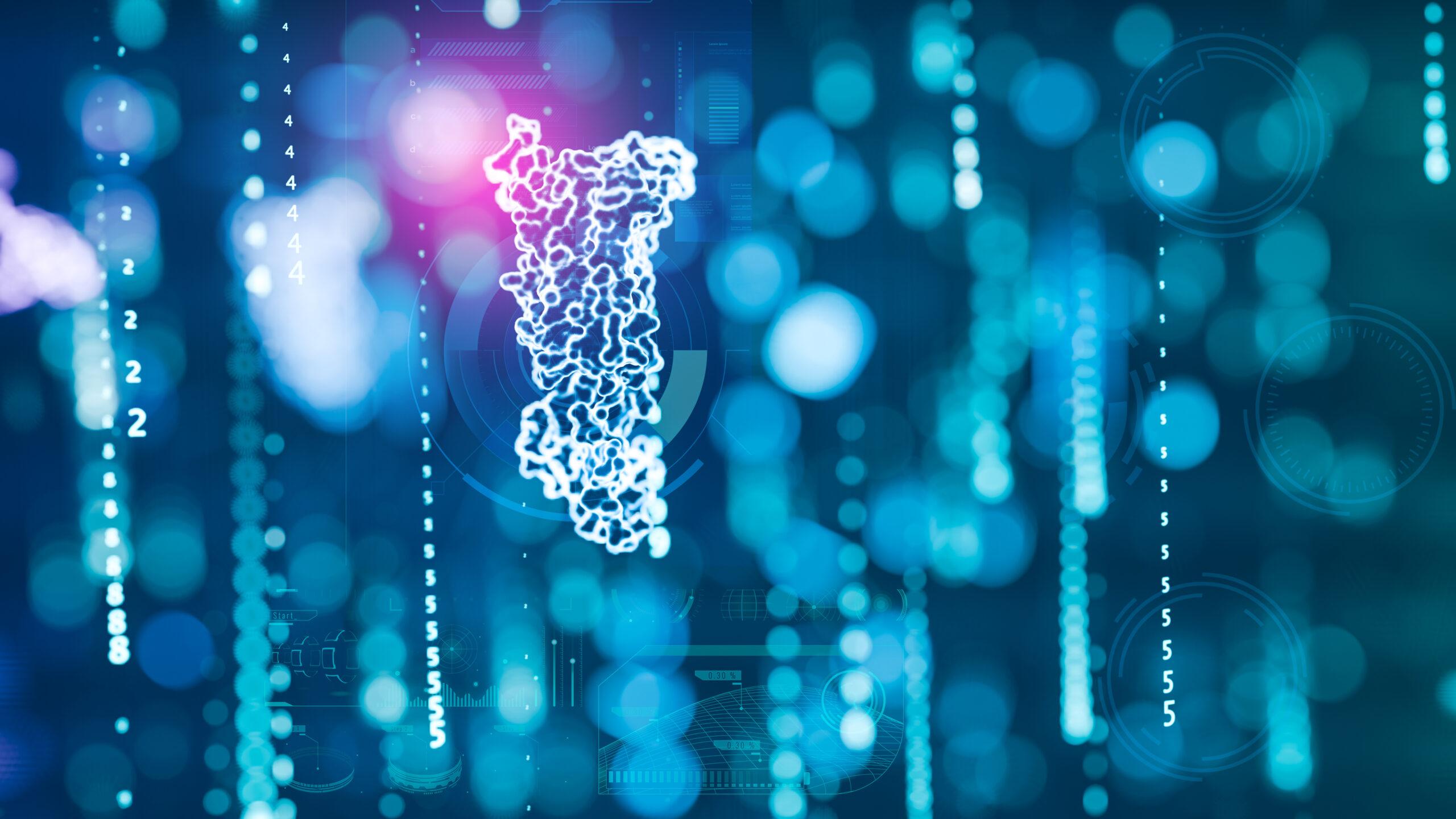
Hosts
About the episode
To read more of Derek’s reporting on GLP-1 drugs, you can subscribe to his Substack here.
GLP-1 drugs like Ozempic and Zepbound don’t just help with type 2 diabetes and weight loss. They seem to curb alcohol, cocaine, and tobacco use among addicts. In some studies, they prevent strokes, heart attacks, chronic kidney disease, sleep apnea, and Parkinson’s disease. They’re associated with a lower risk of several cancers, including pancreatic cancer and multiple myeloma. Arthritic patients on the drugs experienced relief from knee pain that was “on par with opioid drugs.” A small study found that they reduce migraine headaches by 50 percent. And emerging research suggests they might even slow the rate of memory loss among people diagnosed with Alzheimer’s.
Is all of this real? And if it’s real, how is one drug doing so many different things? And if it is doing all those things, why shouldn’t we be developing versions of the drug for just about everyone?
Today we have two guests: David D’Alessio, chief of endocrinology and metabolism at the Duke University School of Medicine, and Randy Seeley, a professor of surgery, internal medicine, and nutritional sciences at the University of Michigan. We talk about how these drugs work—why they seem to do everything—and how our understanding of them could make them better, more effective, more broadly useful.
If you have questions, observations, or ideas for future episodes, email us at PlainEnglish@Spotify.com.
Disclosure: Dr. Seeley has received research support from several pharmaceutical companies, including Eli Lilly, Diasome, and Amgen.
In the following excerpt, Derek chats with Randy Seeley and David D’Alessio about the ways that GLP-1 drugs interact with both the gut and the brain and how those interactions lead to weight loss.
Derek Thompson: So I want this episode to be clear, and in honor of the podcast name, Plain English, I want people to be able to follow it. I also want this episode to be a little bit nerdy. I want to understand, as much as I can, how these drugs do some of the strange and amazing things that they seem to do. So I was thinking that we would structure the conversation this way. I want to walk through some of the effects of GLP-1 drugs. And I want you to first give me a simple answer to my questions, like: Why are they good at helping people lose weight? And then I want to go a level or two deeper, and I want you to have the opportunity to nerd out a little bit and explain in greater detail how and what is happening to our bodies. Does that sound OK, that we’ll start with the basics, and then my follow-up questions will sort of lead us down, down, down the rabbit hole?
Randy Seeley: You’ve come to the right place for nerds, right?
Thompson: Excellent.
Seeley: So no problem.
Thompson: So David, let’s start with you. Really simple question. Why are GLP-1 drugs so good at helping people lose weight?
David D’Alessio: I mean, it turns out that they shut down your desire to eat food. They’re satiety drugs, or they commandeer the satiety system that’s baked into all of us.
Thompson: And what does that mean, they commandeer the satiety system? What is that?
D’Alessio: Yeah. So I mean, the reality is that, at some point, even if it’s your favorite meal, you will put down your fork and stop eating. And that constitutes a control of meal size that we all have. And there’s a number of factors that regulate this, including neural loops and neural reflexes and circulating factors like hormones. And it’s a complex mechanism.
And I think in terms of the physiology of GLP-1, it is just a bit player in this. And my view is that there’s not enough GLP signal after a normal meal to be the whole satiety effect. But if you give a large dose of a drug that will activate the GLP system, you can sort of drive that system, drive the neural factors that are downstream of it, and cause people to just eat less.
And when I see patients in the clinic, and they come back after their first three months on the drug, and they’ve lost 18 or 20 pounds, and they’re just sort of ebullient that this has happened, they say, “I thought it was going to make me eat less.” And I say, “Well, it is, isn’t it?” And they say, “Yeah, I guess a little bit, a forkful here or a skip that dessert there.” But it’s not dramatic. It’s not like your appetite goes away completely. It’s just a few bits, a little bit every day. But that’s how you lose weight, is a few calories at a time.
Thompson: So I’ve read several explanations for what’s happening here. One explanation is that it’s working on the gut. It’s slowing gastric emptying, the rate at which food leaves the stomach. Another is that it’s working on the brain; it’s reducing food noise, the chatter that’s constantly telling us, “I’m hungry. Where am I getting that next food?” What else might contribute to an explanation of how exactly these drugs are helping people lose weight so easily?
D’Alessio: I mean, I think you’ve hit on a number of them. The gastric emptying, gastric motility may play a role, although these drugs work in people with bariatric surgery who don’t have normal gastric function anymore. The side effects that are common are nausea, sometimes to the point of vomiting. And that probably contributes a little bit too. In the clinical trials, there hasn’t been a strong correlation between nausea and food intake. And I don’t know that that question’s been asked at the right level of precision. But it’s not just that you’re queasy all the time. I mean, I think it actually makes you feel fuller or turns down the drives to get seconds or take another piece of pie or whatever it is. So it’s a complex mechanism. But again, I think when we give these drugs, we’re giving GLPs at such a high level that it sort of activates a broad range of effects. That’s always been my view. That it’s not just tweaking normal physiology, it’s just putting your foot all the way to the floor and turning the accelerator wide open.
Thompson: Randy, I feel like I want to bring you in to talk a little bit about the brain here. What is the brain-gut axis, and how does the brain fit into this weight loss picture?
Seeley: So you can imagine that your gut’s a really important part of your body, right? It’s absolutely essential for your survival. Which means your brain has to know what’s going on in your gut and be able to change what happens in your gut. And your gut is a completely adaptive organ. It has to be different under different circumstances. You turn over your entire GI tract every seven days. So it’s a very plastic organ. So you can imagine your brain has to be intimately involved in understanding what’s happening in your gut and then being able to direct it as well.
And I think this goes into the issue about: Why is it these drugs cause weight loss? I think the simplest way to think about this is that they change the defended level of weight. So we all defend a level of weight, some higher, some lower, based on both the genetics that you have and the environment that you live in. And what these drugs do is lower that weight that the body thinks is appropriate.
And the magic of what happens with these drugs is that people lose weight, and they’re less hungry while losing weight. If I taped your mouth shut, you’d lose weight. But would you be less hungry or more hungry? And the answer is you’d be more hungry. So the magic of what happens here is that while people are losing weight, they’re not experiencing the normal response to weight loss. They’re not experiencing what would normally make you hungry. And again, you talked about food noise: That’s where it comes from. It’s when you’re underweight, you can imagine that all of your physiology is now oriented to all of the cues in your environment that might be related to food. That’s what your body is now oriented to do. And what these drugs do is they lower that set point so that in fact you can lose weight and be less hungry while it happens. And that happens in the brain. So then the direct actions of these drugs in the brain are what drive that particular weight loss.
The excerpt has been edited and condensed.
Host: Derek Thompson
Guests: David D’Alessio and Randy Seeley
Producer: Devon Baroldi
More Plain English Episodes on GLP-1s



